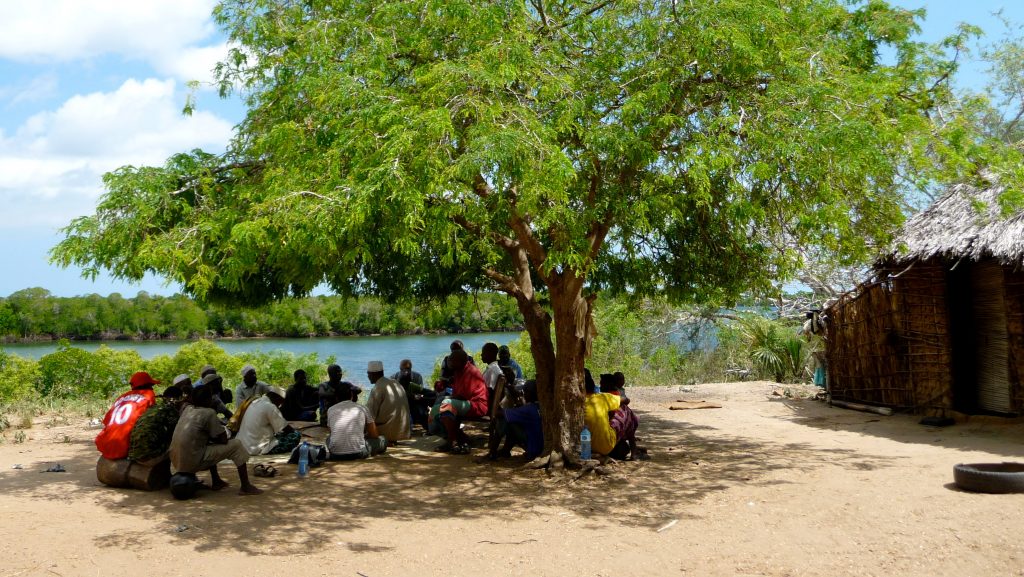Natural Justice is an organisation rooted in the struggles of communities in Africa. As a team of pioneering lawyers and legal experts, we specialise in human rights and environmental law in pursuit of social and environmental justice.
Natural Justice strives to enhance the collective rights of people and protect the sacred relationships that indigenous peoples and local communities have with nature. Our work is informed by the values, knowledge and self-determination of the communities whom we stand in solidarity with.
Through legal empowerment, research, policy influencing and litigation, and as part of coalitions and campaigns, we support communities to know the law, use the law and shape the law.
Natural Justice has three main pillars: Affirming and Securing Rights to Lands, Resources and Knowledge; Defending Rights against Environmental and Social Impacts; and Standing with Communities.
Natural Justice’s focus includes enhancing community access to land and governance of natural resources, contributing to the struggle against harmful extractive and infrastructure developments, supporting processes for recognising traditional knowledge and access and benefit sharing, supporting community rights within conservation and customary use of biodiversity, and strengthening community actions towards the climate crisis.
Together with the communities we work with, Natural Justice plays a key role at the national, regional and international levels by influencing policy and laws to recognise and enhance the rights of indigenous and local communities, and by inserting customary law considerations into the international frameworks.

Our History
Natural Justice was founded in 2007 in Cape Town by two international lawyers, Harry Jonas and Sanjay “Kabir” Bavikatte. They founded Natural Justice to ensure better protection for the rights and responsibilities of indigenous peoples and local communities at the local, national and international level. A collective of six people ran the organisation while it expanded in geographic scope and programmatic areas.
The organisation sought to combine legal empowerment with social mobilisation to support communities to better understand the effects that laws and legal processes were having on them, and to develop robust, proactive responses to protect and promote their ways of life. This led them to adopt and adapt the concept of ‘community protocols’ in 2008. From the start, Natural Justice was active at the global policy level and played a key role in the recognition of community protocols in the 2010 Nagoya Protocol on Access and Benefit Sharing.
The organisation has subsequently widened the scope of its legal empowerment work, including the adoption of the “paralegal” approach to working with communities, starting in Kenya and expanding into southern Africa. Through the introduction of an initiative aimed at developing conservation standards on human rights, as well as adopting Access and Benefit Sharing models, the organisation sought to promote the rights of indigenous people in terms of their customary knowledge and access to land. The organisation is also in the process of developing a programme aimed at environmental defenders.
The organisation’s geographic focus grew to include three offices on the African continent, as well as one in New York and one in India. In 2016, Natural Justice scaled back to focus solely on communities in Africa. Today, they retain their headquarters in Cape Town (South Africa), have hubs in Cape Town, Nairobi (Kenya) and Dakar (Senegal), and additional staff in Antananarivo (Madagascar), Botswana and Guinea. They also work across a number of other African countries on a project-to-project basis.
